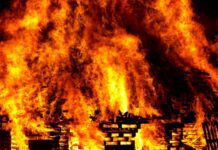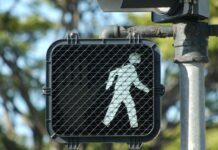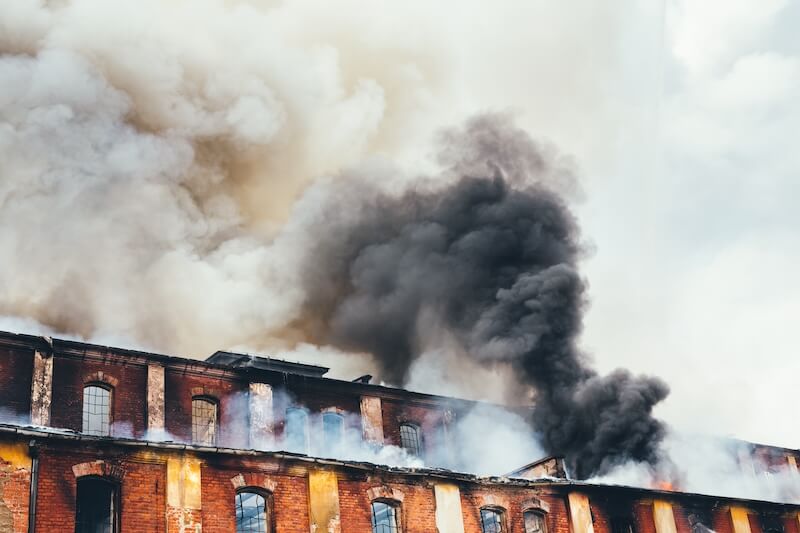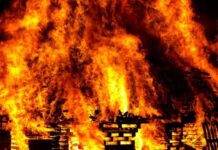Just before 9:30 pm Saturday, April 13th, Los Angeles Fire Department (LAFD) firefighters were dispatched with a report of a house fire. The house, located in the 300 block of W 82nd Street in the Florence neighborhood, was vacant.
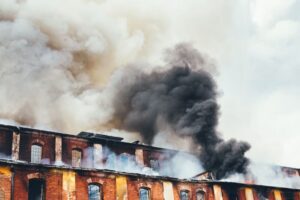 According to LAFD, 40 firefighters had extinguished the fire in just over 15 minutes.
According to LAFD, 40 firefighters had extinguished the fire in just over 15 minutes.
Shortly after arriving on the scene, firefighters found a female civilian wounded outside the building. She was transported to a local hospital by LAFD paramedics. Her connection to the fire is unknown. No other individuals were found in or around the structure.
LAFD is currently working to determine the cause of the fire and the connection of the woman found outside the home.
Understanding Premises Liability: Responsibilities and Legal Implications
The aftermath of the recent fire incident in Los Angeles this week highlights the importance of the legal concept of premises liability and the role it plays in cases like these. Premises liability refers to the legal responsibility of property owners to ensure the safety of individuals on their property– including tenants, visitors, and trespassers. Yes, even trespassers are owed a certain level of care in California.
Property owners must identify and mitigate potential hazards on their premises, including slippery floors, uneven walkways, or inadequate security measures. Failure to fulfill this duty can result in their legal liability should someone be injured due to their negligence.
In California, property owners owe the highest duty of care to invitees and licensees on their property. Invitees include visitors, guests, and tenants. Licensees include customers and those involved in business. However, they also owe trespassers a certain duty of care, though not as high a duty as the other parties.
Trespassers are defined in California Penal Code 602 as someone who enters another’s property without permission or the legal right to do so. While they are not owed the same level of care as invitees or licensees, property owners cannot willfully or intentionally harm them.
Property owners may be held liable for trespassers injuries if:
- The property contains an attractive nuisance and a child is hurt. An example of an attractive nuisance is a pool.
- The property owner intentionally causes harm. An example of this would be a property owner setting a trap to injure a trespasser or using excessive force against a trespasser.
- The property owner fails to warn of known damages. An example of this would be if a property owner knows people trespass fairly regularly and they create a dangerous condition, like digging a hole, that can purposely or accidentally harm trespassers. Property owners must post a warning sign or block off the area.
“The cause and circumstances of the fire that occurred in LA over the weekend are still unknown, but I’m confident the LAFD and LAPD will get to the bottom of it,” says Gerald Singleton, attorney at Singleton Schreiber, “Determining the cause and how the individual found on the scene was injured is essential to rectifying the situation.”
If you have been injured due to premises liability, contact Singleton Schreiber today by calling (866) 331-9303 or by emailing info@singletonschreiber.com.

